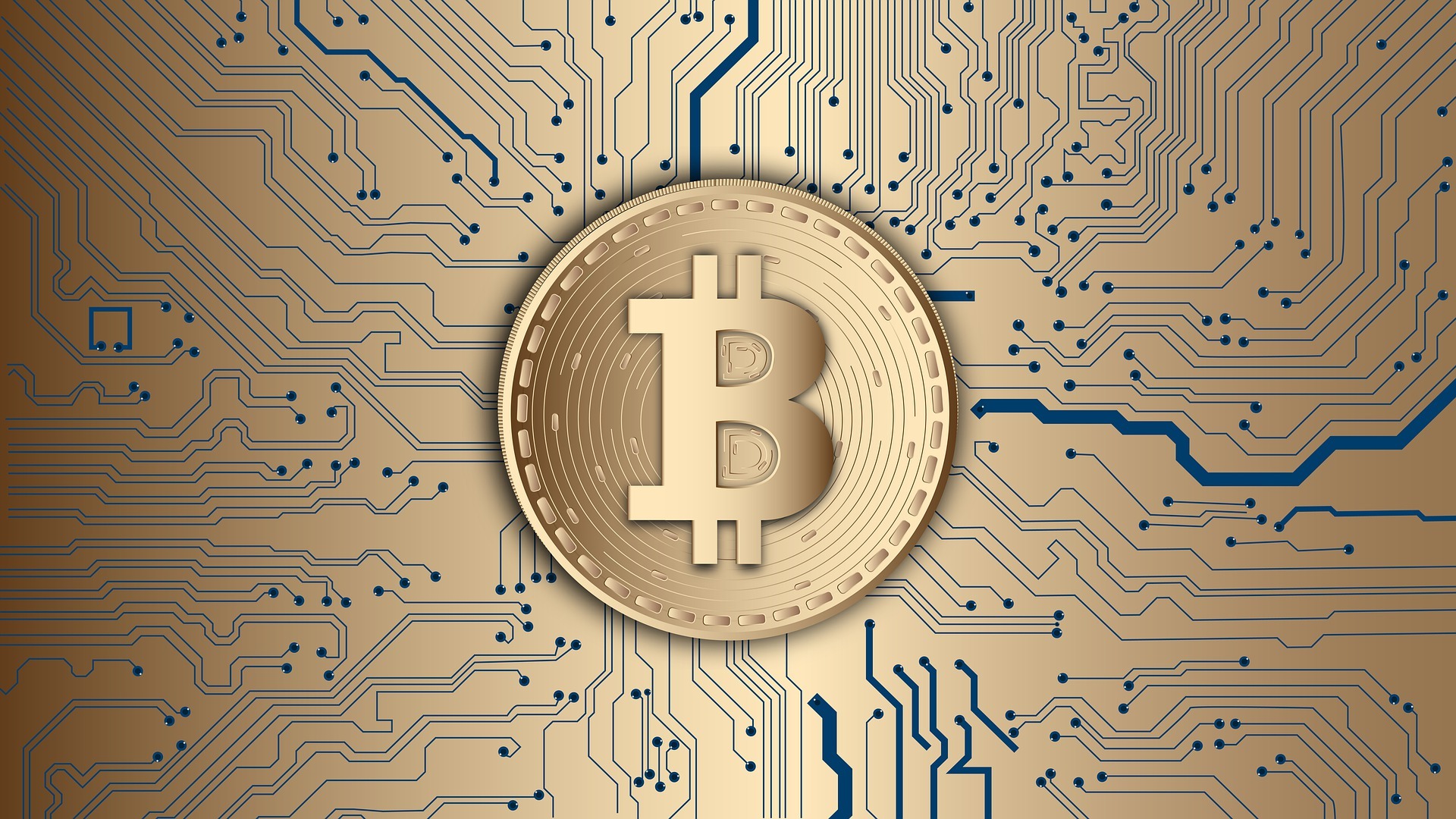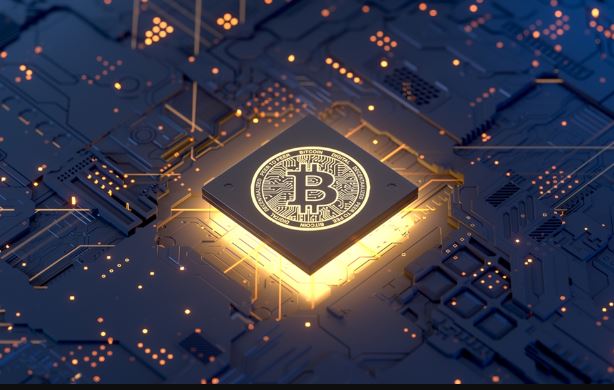Do DeFi projects have intrinsic value?
4 min read
The ability to generate a token on ETH has basically existed since ETH was invented and is not a new phenomenon compared to DeFi. So many different variants of tokens have emerged over time.
From utility tokens, which are sold via an initial coin offering (ICO), to non-fungible tokens (NFT), to the governance tokens that are widespread in DeFi space or even memecoins, the ETH community already has all sorts of things Witnessed token experiments.
This tangle of tokens, difficult for newcomers to understand, has caused many people to see tokens as useless. Many think they are purely speculative and offer no fundamental value. But as with so many things in the crypto world, that’s only part of the truth.
Especially in the world of decentralized finance, new token models are currently being created almost every day. These models are fundamentally different from NFT or memecoins. They could be extremely interesting in the near future, especially for investors from the traditional financial world.
What are governance tokens?
Most DeFi tokens on ETH are primarily coordination tools. They enable people from all over the world to come together to achieve common goals. To achieve this, holders of many DeFi tokens are granted say or, in some cases, monetary rewards or other benefits.
The most well-known example of this type of token are “governance tokens”. Many DeFi projects have been issuing “governance tokens” to their community since the middle of last year. Some of the more well-known projects that have done this include SushiSwap (SUSHI), Uniswap (UNI), Compound (COMP) or 1inch (1INCH). These protocols have used liquidity mining programs or airdrops, among others, to distribute governance tokens to their community members.
Typically, these types of tokens are sold as “worthless” (probably for regulatory reasons). In most cases, their owners can therefore only use them to vote on protocol changes or to bring in protocol change proposals. Well-known DeFi tokens that can currently only be used for this purpose are UNI, COMP and INDEX.
The point of these tokens is therefore to decentralize DeFi protocols. The community should get a sense of joint ownership. In addition, this should merge both the user interests and the interests of the DeFi protocol operators. Governance tokens can therefore be anything but useless.
One criticism of governance tokens is how the tokens are distributed. In some DeFi projects, it happens that a large part of the tokens are already owned by a few people or groups in early investment rounds. This centralized distribution can result in long-term adverse effects for the DeFi protocol.
Can DeFi tokens have intrinsic value?
Many users consider existing governance tokens to be completely worthless because they only grant voting rights and no shares in the earnings of a DeFi protocol. Anthony Sassano, co-founder of ETH analytics site ethhub.io, deems this view as short-sighted:
I think this is a short-sighted view as many DeFi protocols are incredibly young. I therefore think it makes sense that the bulk of the revenue they generate would be reinvested back into the growth of the protocol rather than being paid out to passive token holders.
It is already possible today for token holders of DeFi protocols to share in the income of a DeFi project. For example, SushiSwap and Aave (AAVE) token holders have already voted for SUSHI and AAVE holders to share in a portion of the protocol revenue when staking their tokens.
If you look at the above graph of token terminals you can see that SushiSwap is currently generating over $60,000 in log revenue almost daily. Currently, the SUSHI community has voted for just under 0.05 percent of this income, i.e. almost 3,000 US dollars per day, to flow directly back to all SUSHI stakers.
Because of this, governance tokens can actually have fundamental value. The community of a DeFi project only has to decide to pay out log earnings to token holders. The fundamental value of a token can then be derived directly from the earnings of the DeFi protocol. How much income the different DeFi tokens generate can be seen on token terminals see.
Conclusion
It is likely that we will see a variety of token models in the coming months and years. Many of the models will fail, but some of them may well have substance and effectively represent the value of their underlying networks.
In the future, it is therefore likely that investors from the traditional financial world in particular will discover the DeFi space for themselves. This is because the business models of many DeFi projects are very similar in their basic functioning to those of financial institutions from the traditional finance world. Many DeFi tokens can therefore be valued using similar valuation criteria as companies in the traditional financial world.






